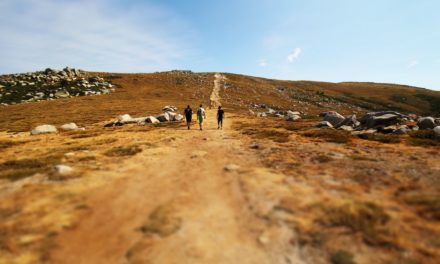Genesis 3:8–24: The Curse
Introduction
Adam and Eve have sinned, and nothing can ever be the same. Yahweh God gave them every good thing they could ever desire, but they forfeited it all by stealing the only gift that God had forbidden them from taking. While the eyes of Adam and Eve are now open (Gen. 3:7), just as the serpent promised them (Gen. 3:5), but they only see their guilt, misery, and shame. How far will this go? How hard will Yahweh judge Adam and Eve? Yahweh would be justified to annihilate his people entirely; will he execute the full extent of his judgment? Will he destroy Adam and Eve in order to start over with a new humanity and a new plan? There is significant dramatic tension between Genesis 3:7 and 3:8 as we wait for Yahweh to judge his people for their sin; however, we do not need to wait for long, as Yahweh shows up immediately to demand that the man and the woman give an account for their rebellion.
Discussion Questions
1. Does Yahweh’s confrontation of Adam and Eve seem more terrifying than how it appears in English? Is God justified to judge sinners, even by condemning and destroying them altogether? Would God be justified to judge you by condemning and destroying you? Why does the good news of gospel require us to acknowledge our great guilt?
2. Why does God hold Adam uniquely accountable in this story, especially since Eve was the one deceived? What does this higher level of accountability tell us about the responsibilities of men and women in marriages, and about men ordained as officers in the church? Does God’s definition of leadership have more to do with power or with responsibility?
3. Explain how God both curses the blessings of reproduction for women and of food production for men, while still preserving those blessings. How does this account of the dual presence of blessings and curses explain the goodness and the brokenness of the world? What do we learn about God’s justice? What do we learn about God’s grace and mercy?
4. From Genesis 3:20–24, what principles do we learn to prepare us for life outside the garden of Eden? In what ways does God eventually come to dwell in the presence of his people during the days of Moses? During the days of Christ? Today? In the future? How do we grow in our enjoyment of God’s presence by his Spirit as we await Christ’s return?




